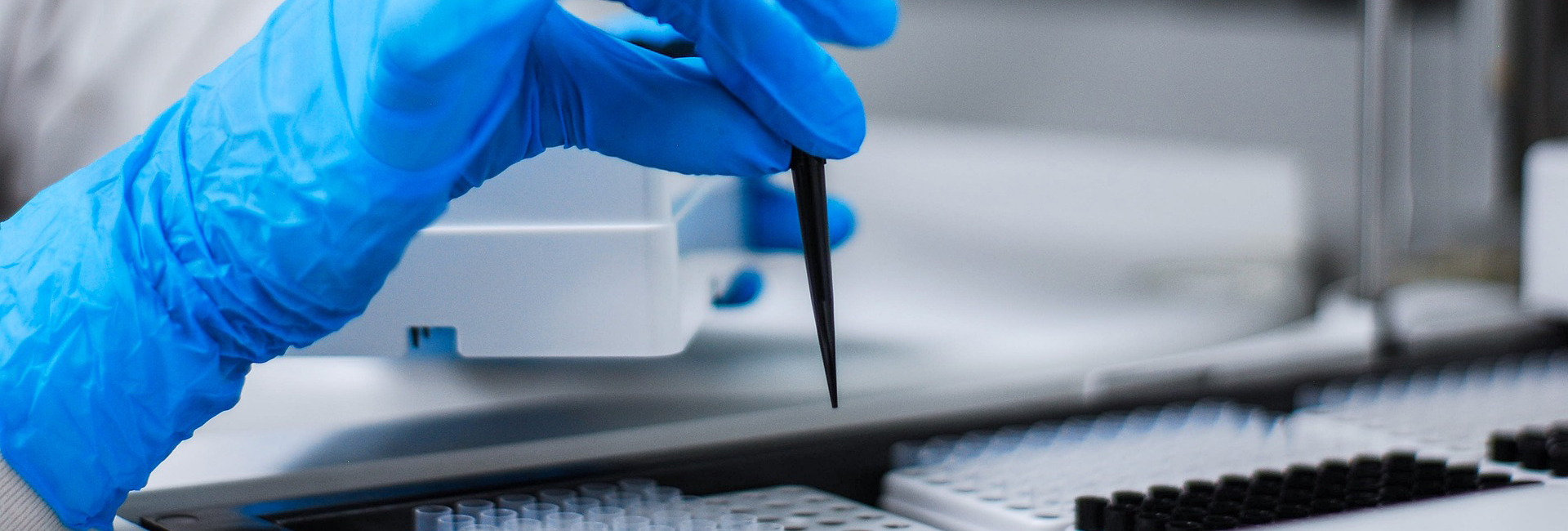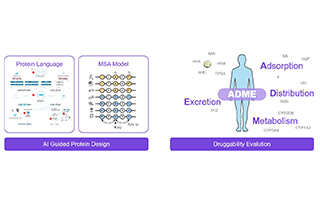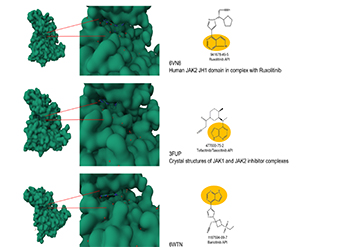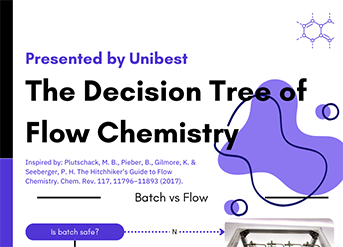

AIDD, or Artificial Intelligence-Driven Drug Discovery, and CADD, or Computer-Aided Drug Design, are advanced digital technologies used to accelerate the drug discovery process and improve the efficiency of drug development. By employing computational tools, algorithms, and machine learning techniques, these technologies aid in the identification, optimization, and evaluation of potential drug candidates.
One of the primary applications of AIDD and CADD in drug development is the screening and identification of potential drug targets. Using computational models and large-scale data analysis, researchers can predict the therapeutic potential of various molecular targets based on factors like biological function, disease associations, and druggability. This enables the selection of targets most likely to yield successful drug candidates.
Drug companies can benefit significantly from these digital technologies in various ways. AIDD and CADD can streamline the drug discovery process, reducing the time and cost associated with identifying and optimizing drug candidates. This increased efficiency can lead to shorter development timelines and higher success rates. Furthermore, by integrating dry-lab techniques and wet-lab, and by generating more comprehensive data on candidate compounds, these technologies can enable more informed decision-making, ultimately improving the overall quality of drug candidates entering clinical trials.







